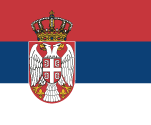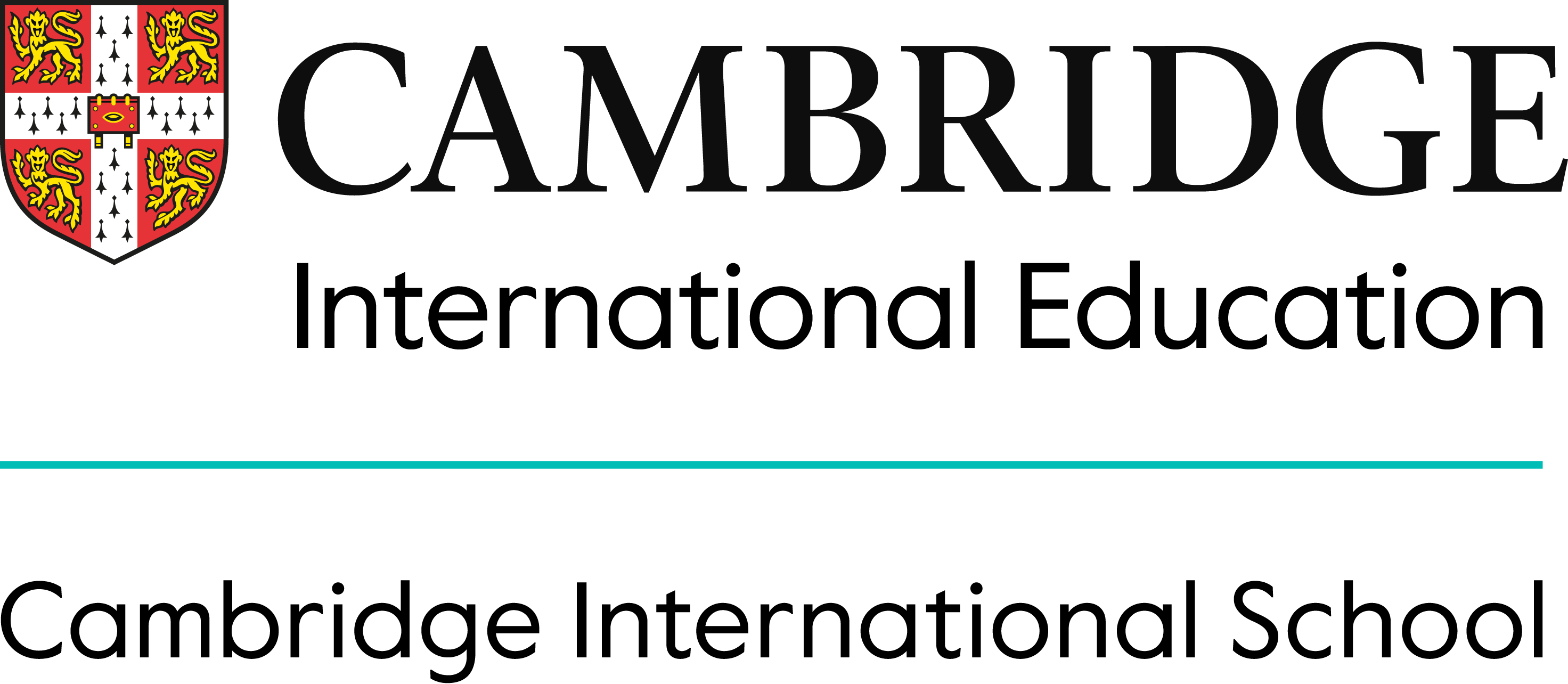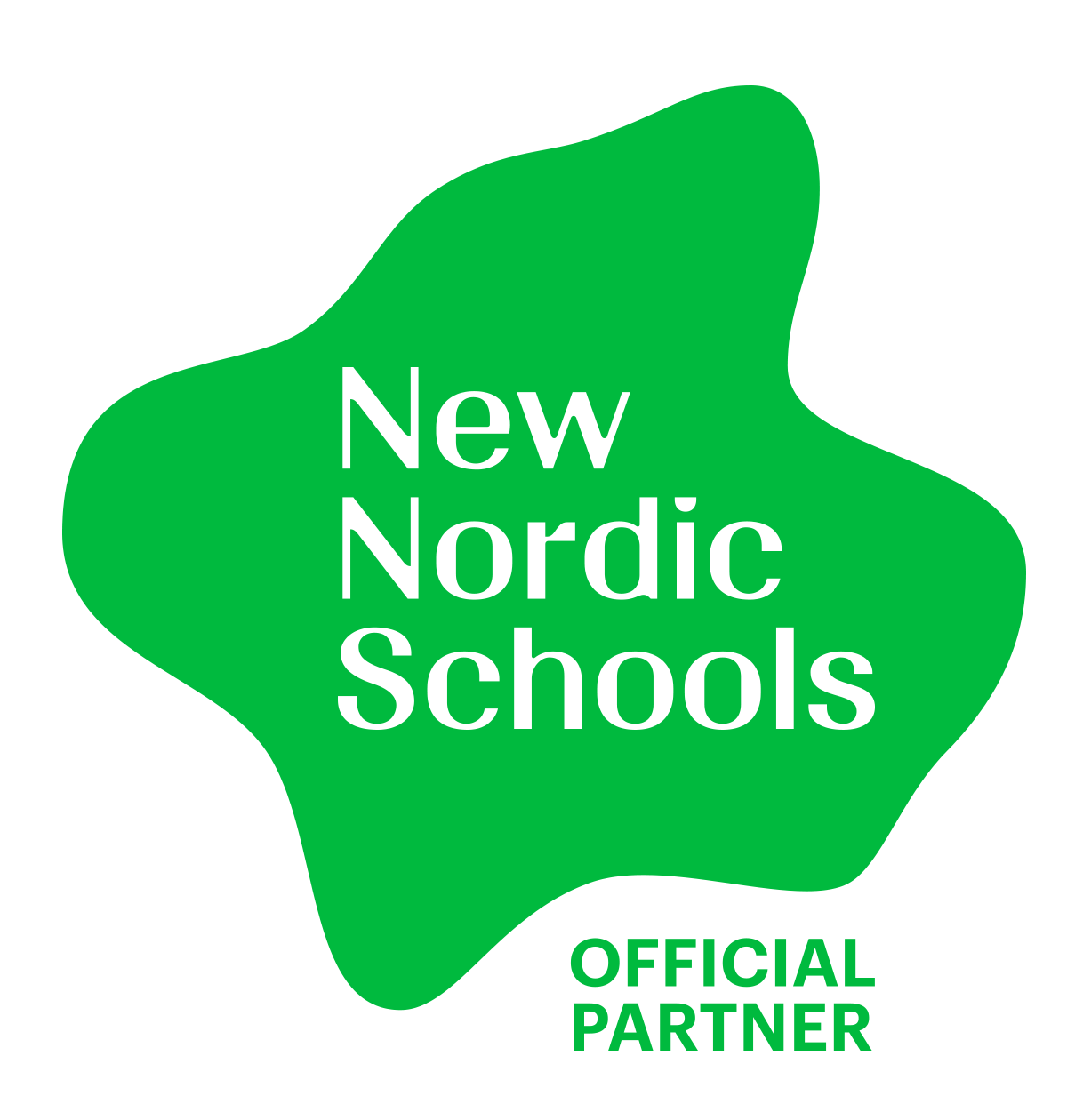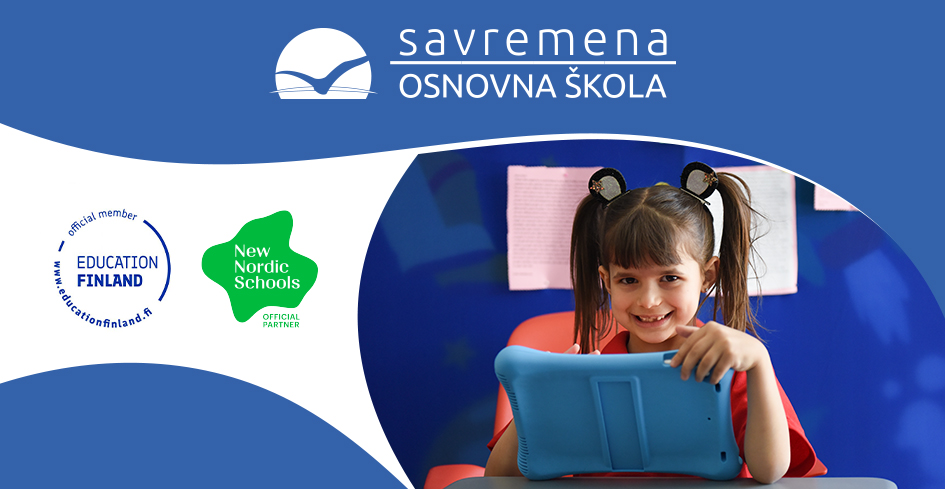
Savremena’s teachers analyse quality of Finnish education system with parents
linkadmin / / Blog, I-IV, Kombinovani, Nacionalni, Uncategorized, V-VIII / June 13, 2022
Savremena’s teachers analyse quality of Finnish education system with parents
Finnish education model deemed a high-quality learning system
Savremena is the only school in the region that has partnered up with the Finnish New Nordic School to officially offer Finnish education to its students through the Nordic Baccalaureate programme. Last week, Savremena’s teachers and parents had a chance to express their thoughts about the Finnish education model and its impact on children’s development.
Finnish education has been acclaimed as the best school system all over the wold for quite a few years. The principles behind this type of education prepare students for successful life and work in the 21st century by teaching them to be curious, adept and courageous in adopting new knowledge.
The Finnish education model prepares students for lifelong learning, and the school becomes a more interesting place, happily frequented by its students. This type of teaching is quite stimulating and motivating.
Stephen Cox, New Nordic Schools mentor and chief education officer, interviewed the students, teachers and parents of Savremena on the implementation of the Finnish education model.
Based on the opinions expressed by parents and teachers, we have concluded that this education model ensures that Savremena’s students adopt key knowledge and realise their full potential in accordance with their needs and affinities.
Finnish education model guarantees teaching quality and it is imbued with world’s best practices
The Finnish programme encourages students to develop their inner creativity, discover their real interests, and freely shape their own future. Such students are happier, which, in turn, makes them more successful in the long run.
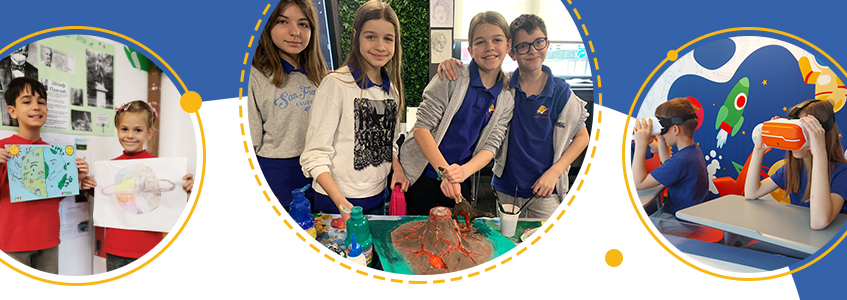
The six principles of Nordic Baccalaureate programme implemented at Savremena are:
- FUTURE-READY – Preparing students for success in an unknown future through adopting skills such as creativity, teamwork and critical thinking. These skills are embedded into teaching various subjects through real-life-based problem-solving.
- COMPETENCIES – Adopting the competencies of modern education through turning them into practical competencies for learning applicable in different contexts.
- PURPOSEFULNESS – Providing a wider sense to learning through connecting knowledge from different subjects with United Nations’ “Sustainable Development Goals”, showing students how they can implement knowledge from the classroom in the real world.
- PERSONALISATION – Learning tailored to fit each student allows everyone to develop according to their own pace. Students’ wishes, needs and affinities are placed front and centre when it comes to what they learn and create at school.
- INTERDISCIPLINARITY – Connecting knowledge from different subjects into a comprehensive whole. Students merge knowledge from different subjects into a number of tasks, through which they share their knowledge with their peers, teachers and parents in a meaningful, personalised way.
- STUDENTS’ GENERAL WELLBEING – Students approach the physical, psychological and emotional wellbeing in a holistic way through the careful integration of academic learning, physical activity and meaningful practice into their everyday activities. Such practice helps students be present in every moment, reduces stress, and increases their learning potential.
